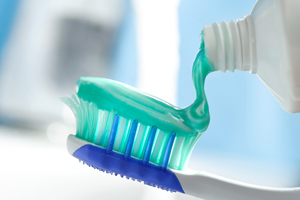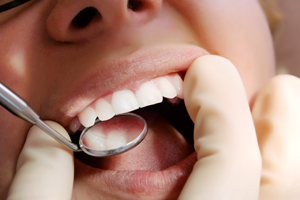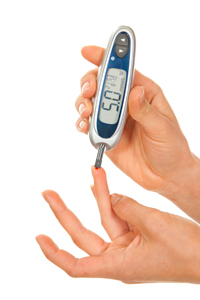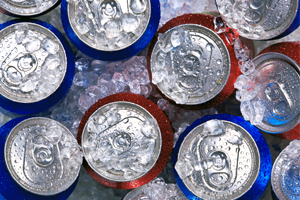04 Nov Bonding Your Way to a Beautiful Smile!
What is bonding? The application of a tooth-like substance to change tooth shape or color, increase size, or repair a defect. Bonding is a multi-layered process in which durable, enamel-like composite plastic is applied to the tooth, then exposed to a special light to harden or...









